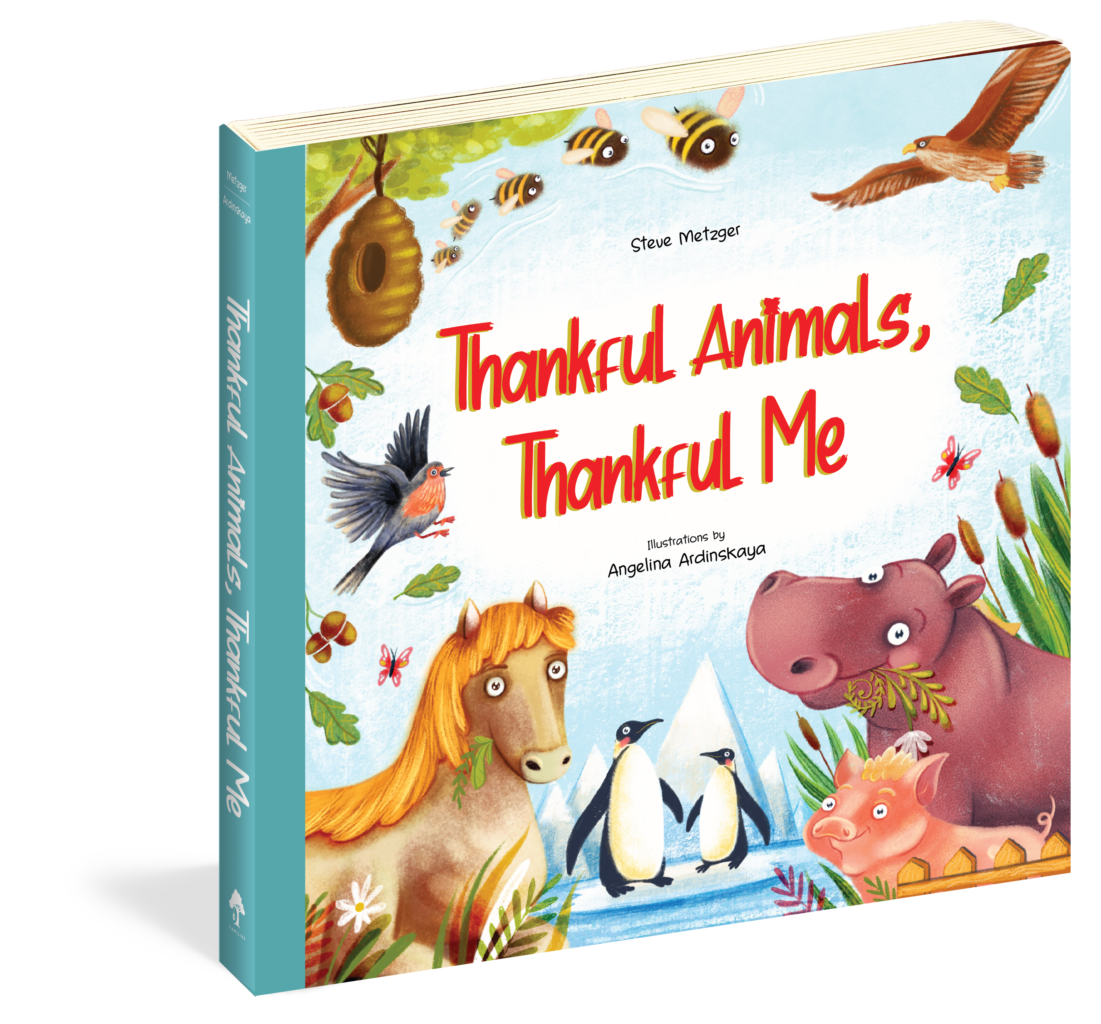
5 Ways Practicing Gratitude Can Improve Your Health
A gratitude journal or service project, practicing gratitude has benefits that extend far beyond being kind: it can actually improve your health.
All the time when I was little, I remember my mom telling me to “say thank you.” This was a small sign of gratitude that we would hand out for even the smallest act of kindness. And during Thanksgiving, the season of gratitude, we would (you guessed it) go around the table and say a few things we were grateful for.
As excruciating as it was for us kids, I’m beginning to see that my mom and all those Thanksgiving traditions were on to something. Practicing gratitude has benefits that extend far beyond being kind: it can actually improve our health.
I’m not just saying that because it feels good to show appreciation (although it does). I mean that scientific experts around the world have begun studying gratitude and have found that gratitude has measurable benefits.
The Science
Various fields of science have taken an interest in the science of gratitude. And amazingly, they have all found that gratitude has a significant impact on our health. The world’s leading experts are still uncovering the secrets of gratitude, but here is a summary of what we know so far:
Positive Psychology
Gratitude is a fundamental component of positive psychology, focusing on strengths and virtues that contribute to a fulfilling life. Research suggests that individuals who regularly practice gratitude tend to experience increased life satisfaction and overall well-being. This is because they focus more on the positive aspects of life, improving their positive recall, which makes it easier to think of good things first.
Neuroscience
Studies using neuroimaging techniques have shown that expressing gratitude activates brain regions associated with reward, empathy, and interpersonal bonding. These regions include the ventral tegmental area (VTA) and the medial prefrontal cortex (mPFC). In layman’s terms, this means that gratitude can literally change your brain. It can create new neural connections to the happiness centers of your brain and enhance dopamine and serotonin—the chemicals responsible for your happiness.
Psychophysiology
Physiological studies indicate that engaging in gratitude practices can lead to positive changes in heart rate and reduced levels of cortisol, a stress hormone. These findings suggest that gratitude may have tangible effects on the body’s stress response.
The Benefits
We can talk all day about the mind’s connections and our physical changes, but even more important is how those changes help us. Practicing gratitude can improve our health, both physically and mentally, as well as improve our relationships.
1. Social Relationships
Gratitude plays an important role in creating and keeping social bonds. Of course, expressing gratitude can build connections, strengthen relationships, foster trust, and enhance prosocial behavior. Bult studies have shown that gratitude helps even if you don’t share it. Just writing what you’re grateful for even if you don’t actually share it with anyone will let you experience the mental health benefits. And grateful individuals are often perceived as more likable and are more likely to receive social support.
2. Emotional Well-being
When you hear the word gratitude you probably think of positive emotions such as joy, happiness, and contentment. It’s a method of recognizing goodness outside of ourselves. And this aligns with what studies have found. Grateful individuals are less likely to experience symptoms of depression and anxiety. This is because they “intervene,” whether consciously or unconsciously, when their thoughts take a turn for the worse. Gratitude interventions, such as keeping a gratitude journal, often have a positive impact on mood and emotional well-being.
3. Physical Health
As I mentioned above, practicing gratitude can literally rewire your brain for the better. And with behavioral changes, such as lowered anxiety and depression, comes biological changes. For example, grateful individuals may engage in healthier behaviors, experience better sleep, and show improvements in cardiovascular health. As in, a grateful heart is a healthy heart—literally. If your heart health has always been a concern, maybe it’s time to start practicing gratitude.
4. Coping and Resilience
A large part of life is adapting and growing from adversity, and research from Nanyang Technological University has shown that gratitude can help with that. Associated with adaptive coping strategies, gratitude is deeply connected to increased resilience and well-being. Grateful individuals are better equipped to deal with stress and challenges, and they often exhibit greater psychological flexibility.
5. Altruism and Prosocial Behavior
The world is full of heroic tales and altruistic heroes who make a difference. Unsurprisingly, gratitude plays a large part in making everyday heroes out of regular people. Studies have found that a higher sense of appreciation for others leads to increased altruism and prosocial behavior. This means that individuals who practice gratitude are more likely to engage in acts of kindness and generosity toward others. Who would have thought that Superman’s greatest superpower was gratitude?
The Long-Term Effects
In many of the studies I’ve mentioned above, the benefits of practicing gratitude lasted well beyond the actual study. It was entirely unanticipated, but it goes to show that the healthy changes gratitude has on our bodies are long-lasting. This suggests that cultivating a year-round habit of gratitude can have enduring effects on our well-being. All it takes is one simple change, and we can improve our life satisfaction and happiness; two qualities that are arguably the most important part of living.
Are you ready to rediscover and fall in love with gratitude?
Practice Gratitude with These Books

Daily Thanks

Good Morning, World—I Love You So

Thankful Animals, Thankful Me
Shaelyn Topolovec earned a BA in editing and publishing from BYU, worked on several online publications, and joined the Familius family. Shae is currently an editor and copywriter who lives in California’s Central Valley.
